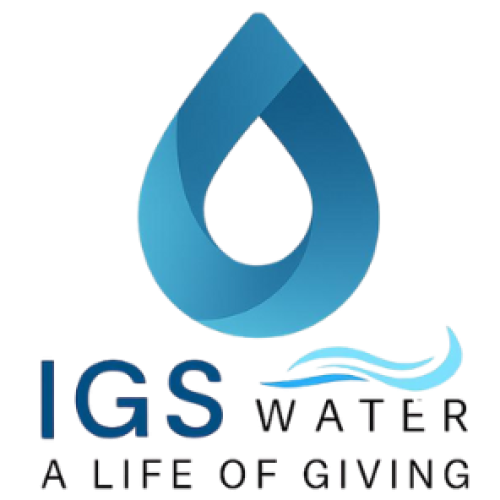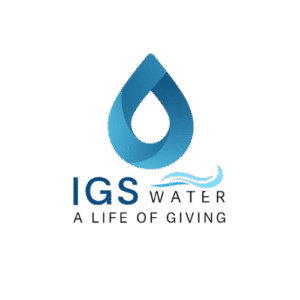Water is essential for life, yet many overlook the critical role of water treatment. Neglecting this process can lead to severe health, environmental, and economic consequences.
1. Health Hazards Multiply
Untreated water becomes a breeding ground for harmful microorganisms like E. coli and Giardia. Within days, communities can experience outbreaks of gastrointestinal illnesses. Boil advisories become common, and the risk of waterborne diseases escalates rapidly.
2. Environmental Degradation
Poorly managed sewage systems contribute to water pollution, harming aquatic ecosystems. Untreated wastewater leads to oxygen-depleted zones in water bodies, resulting in fish kills and loss of biodiversity.
3. Economic Impacts
The economic toll of untreated wastewater is substantial. It affects industries like tourism and fisheries, leading to job losses and reduced economic growth.
How IGS Water Can Help
IGS Water Solutions offers advanced, sustainable water treatment systems tailored for various sectors, including agriculture, municipalities, and industries.
Innovative Technologies
IGS specializes in nanobubble technology, enhancing water quality by increasing oxygen levels and reducing harmful contaminants.
Customized Solutions
Whether it’s for a golf course, hydroponic farm, or municipal water system, IGS provides personalized solutions to meet specific water management needs.
Proven Results
In a recent project, IGS’s nanobubble unit significantly improved water quality in a managed pond, increasing dissolved oxygen levels and eliminating unpleasant odors.
Neglecting water treatment poses serious risks to health, the environment, and the economy. IGS Water Solutions provides innovative and effective technologies to address these challenges, ensuring safe and sustainable water management.
For more information, visit IGS Water Solutions.
Why Choose IGS Water?
IGS Water combines scientific rigor with practical impact:
- Their shear-based nanobubble method ensures stable, high-density bubbles without needing mechanical circulation—even in polluted or solid-heavy water streams
- Their approach supports biological treatment instead of masking problems—enhancing ecological resilience while reducing operational cost and chemical dependence.
- Use cases spanning golf courses, irrigation dams, aquaculture, and wastewater treatment all show measurable improvements in water clarity, oxygenation, and biofilm control.
Real-World Results & Case Studies
- At a golf course in Korea, IGS combined water conditioners, nanobubble generators, oxygen concentrators, and inline filters. This improved water quality, controlled biofilm build-up, and enhanced irrigation reliability
- In a German-managed pond, dissolved oxygen rose from ~2 mg/L to around 8–10 mg/L, turbidity dropped, and odors disappeared—demonstrating clear ecological improvement

